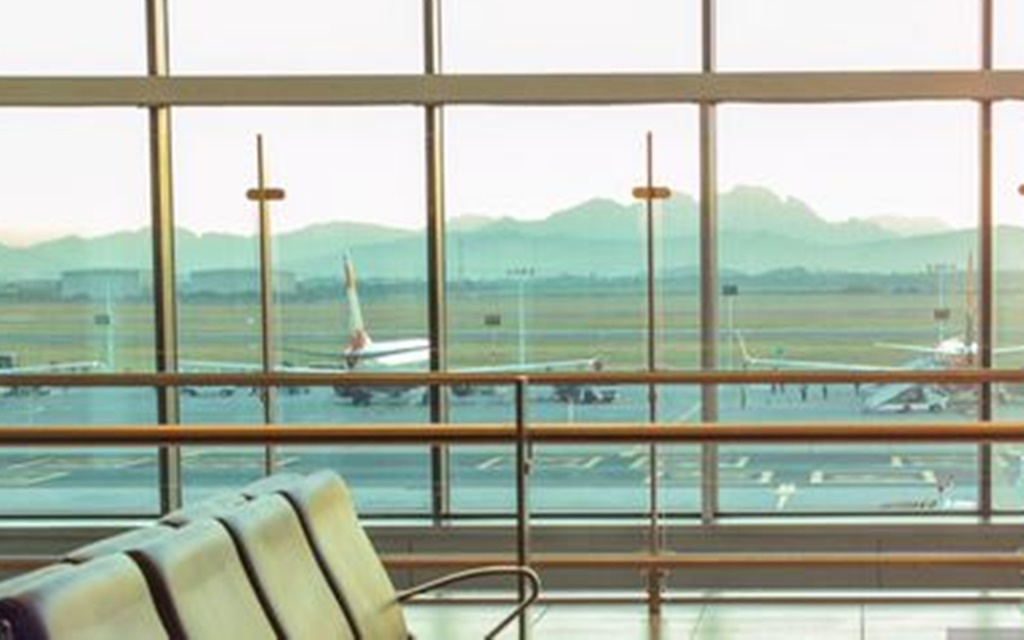
- Job losses in African aviation and related industries could increase to 3.5 million, estimates the International Air Transport Association.
- To date the SA government has not announced Covid-19 related assistance specifically aimed at the country's devastated aviation industry.
- According to IATA, full-year air traffic in Africa is expected to plummet by 54%.
The impact of the Covid-19 pandemic on Africa's aviation industry has worsened sharply since a previous assessment by airline industry body, International Air Transport Association (IATA) in April.
IATA now estimates that job losses in African aviation and related industries could reach 3.5 million. That is equal to more than half of the region's 6.2 million aviation-related jobs, and 400 000 higher than the previous estimate.
To date, the SA government has not announced Covid-19 related assistance specifically aimed at the country's ailing aviation industry. On the weekend President Cyril Ramaphosa announced that the country is moving to lockdown level 2. International commercial flights are still not permitted.
State-owned flag-carrier South African Airways has been in business rescue since early December last year. With no funding yet to implement a restructuring plan adopted on 27 July, the process seems to be hanging in limbo. State-owned regional airline SA Express is already in provisional liquidation. JSE-listed Comair, which operates its own low-cost airline Kulula.com as well as British Airways domestically under a licence agreement, is also in business rescue. Low-cost airlines Mango (a subsidiary of SAA) and privately-owned Flysafair, Airlink and CEM Air, meanwhile, have restarted flights since lockdown regulations allowed business travel at the beginning of June.
While leisure travel has also since been allowed as from this week, demand is still low.
According to IATA, full-year 2020 traffic in Africa is expected to plummet by 54% - or more than 80 million passenger journeys - compared to 2019. The previous estimate was a fall of 51%.
Gross domestic product supported by aviation on the continent, meanwhile, could fall by up to $35 billion. IATA previously estimated a $28 billion decline.
"Covid-19 has devastated African economies and brought air connectivity across the continent to a virtual standstill. And the situation is getting worse. The economic consequences resulting from a disconnected continent are severe," warned Muhammad Al Bakri, IATA's regional vice president for Africa and the Middle East, in a statement.
Two priority areas
IATA believes this can be achieved through government action in two priority areas. The first is harmonising the restart of air transport in Africa and the second stepping up efforts to support the industry.
"The harmonised adoption of the International Civil Aviation Organization (ICAO) Council's Aviation Recovery Task Force (CART) Take-off guidance – the global biosafety framework for the safe restart of aviation - is critical for the safe resumption of air transport," says Al Bakri.
IATA on Monday released an airline self-assessment health checklist to support ICAO' guidelines for air travel during the Covid-19 health crisis.
"To avoid conflicting measures, disruptions and inefficiencies, all countries, including those in Africa, must apply these recommendations consistently and uniformly, without imposing unnecessary border constraints such as quarantines, which deter passengers and suppress the demand for air travel," says Al Bakri.
According to ICAO, Rwanda is amongst the first countries in the world to have fully complied with ICAO's biosecurity recommendations.
As for support for the industry, IATA says this should take the form of financial and regulatory support - particularly financial relief that does not increase industry debt levels.
Activity
A recent IATA survey among airline chief financial officers and heads of cargo indicated that the global aviation industry experienced the sharpest quarterly fall in demand and profits since the global financial crisis. Moreover, weakness in profitability is expected to continue over the next twelve months.
In the second quarter of 2020 passenger demand in the world basically "collapsed" while cargo demand improved slightly following a sharp decline in the previous quarter. Cargo yields continued to increase "reflecting the lack of cargo capacity from the grounding of much of the passenger fleet", according to IATA.
The majority of respondents expect airfares to decrease over the rest of the year to stimulate demand, and 55% expect to have to decrease employment levels over the coming 12 months.
"Expectations for input costs are mixed. While low fuel prices and cost-cutting programmes were supportive, unit costs face upwards pressure from weak demand and accordingly low load factor levels," states IATA in the report.
Innovation
Maher Koubaa, executive vice president airlines, Middle East, Africa and Turkey of travel booking platform Amadeus, says the pandemic has caused over 60% of flights to be cancelled worldwide, with bookings in April 2020 alone dropping a staggering 95% compared to the same month the previous year, and 75 million jobs are said to be at risk.
"Although the future is uncertain for everyone – and especially for those in the travel industry – history teaches us that change is inevitable and unavoidable. As we see a cautious return to the skies, and we rethink the future of the industry together, innovation will be key to overcome the challenges and emerge stronger from the crisis," he says.
"Innovation through technology can help carriers better position themselves for a prosperous future. Airlines must focus on delivering a frictionless traveller experience, improve airline systems to allow for agility and ensure collaboration and consolidation in aviation."
Some airline groups are expected to become stronger, accelerating strategic investments, while others may not recover. Amadeus also anticipates several significant changes in the aviation landscape with new codeshare and interline agreements between different parties.
"With these alarming numbers, it is clear that modern, state of the art revenue management will be crucial for airlines to move quickly to recovery," says Koubaa.
- Did you know you can comment on this article? Subscribe to News24 and add your voice to the conversation.
